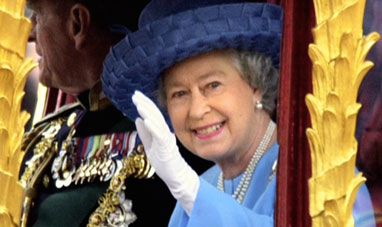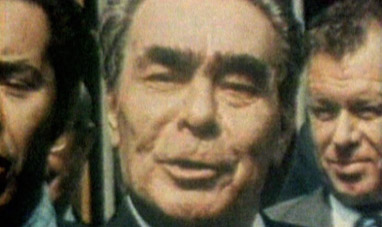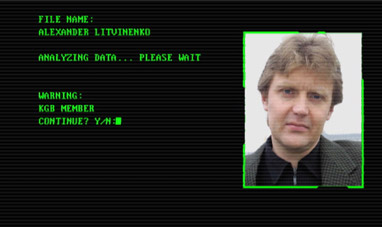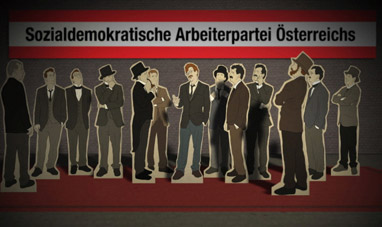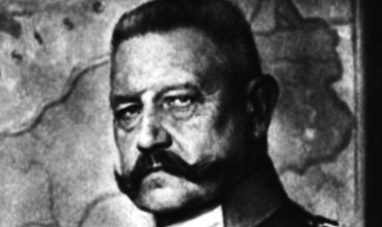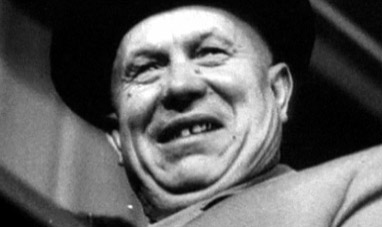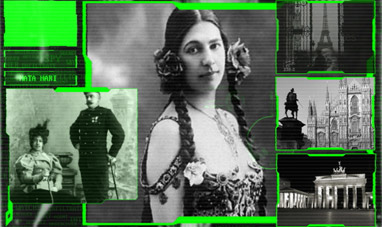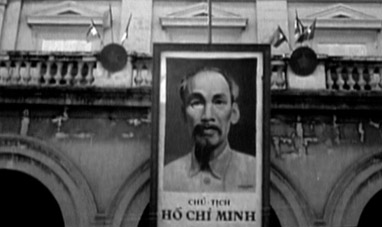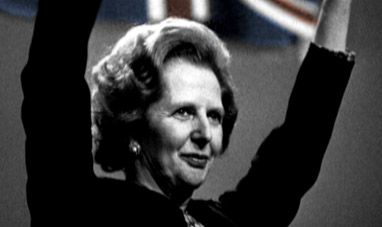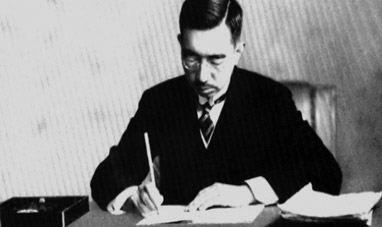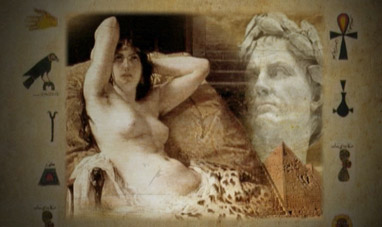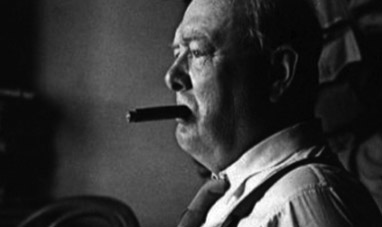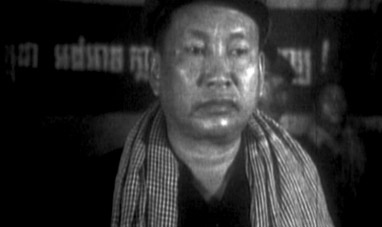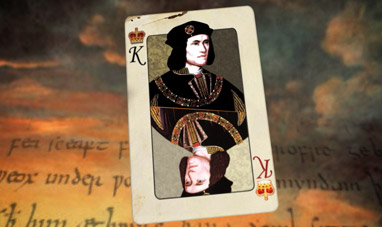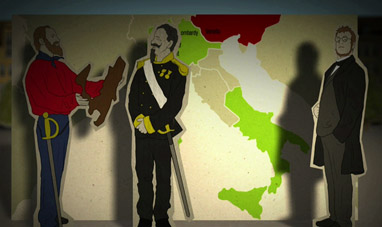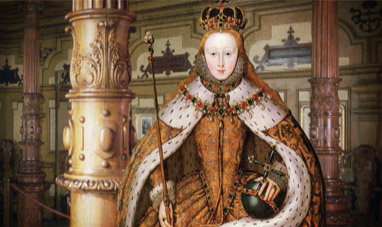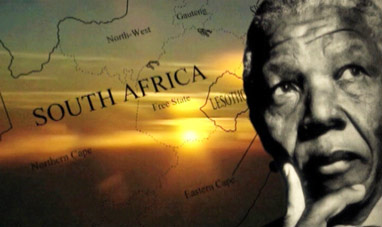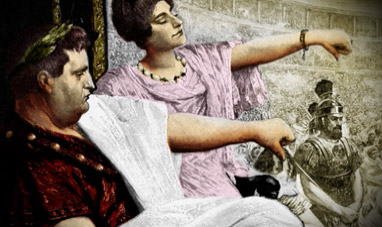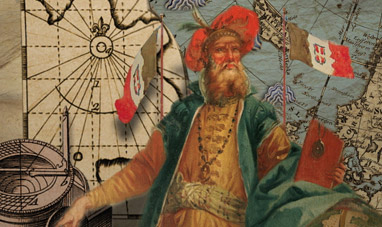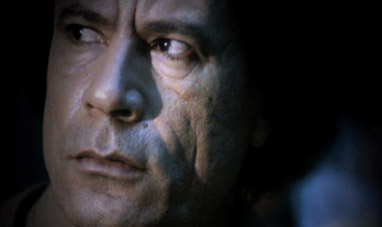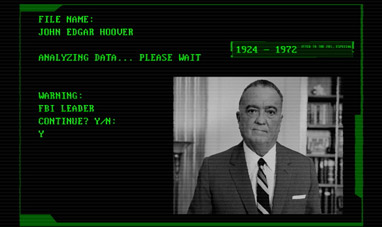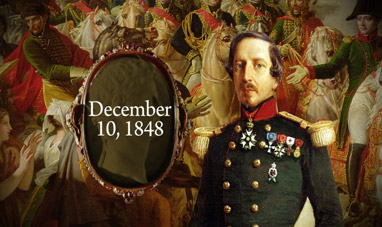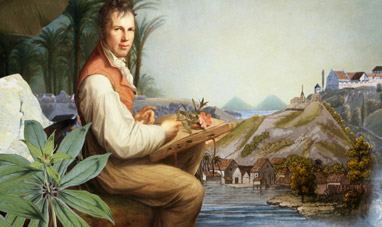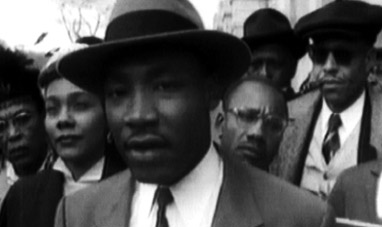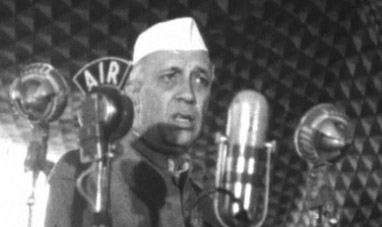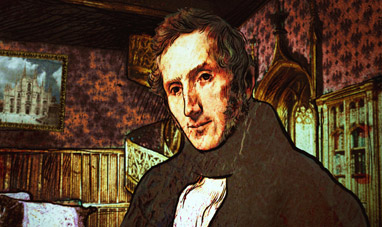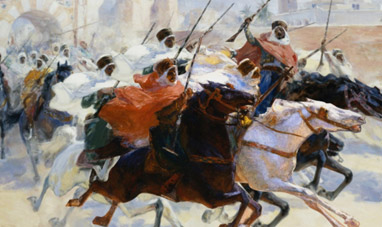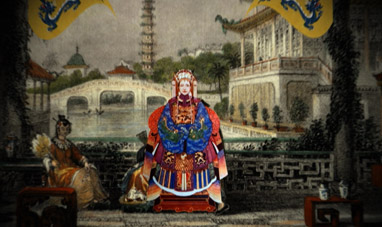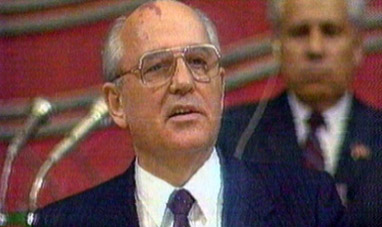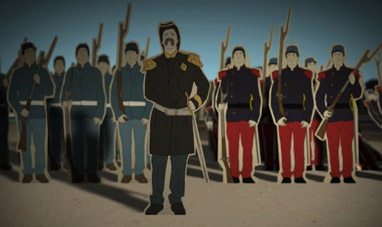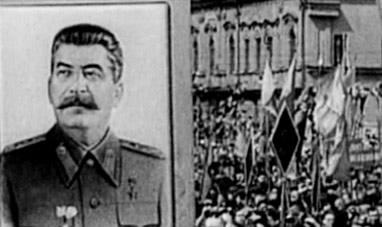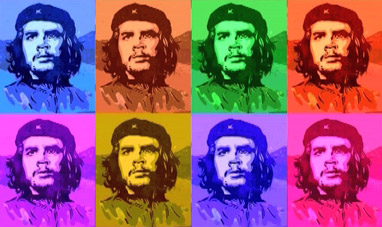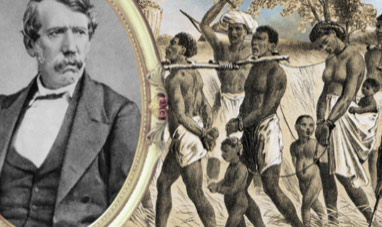Charlemagne was born on April 2nd 742 AD. His place of birth is unknown but historians surmise he may have been born in a town close to Liege in Belgium or in Aachen, Germany. Upon birth he was given the name Carolus or “Charles”. Only later will he earn the nickname Charlemagne, “magne” meaning “ The Great” in Latin. His father was Pepin The Short, king of the Franks. The Franks occupied central-western Europe during this period. When Charlemagne’s father died in 768, Charles reigned as king alongside his brother Carloman. When Carloman died three years later, Charles became the sole king of the Franks. In 773 Pope Adrian I enlisted Charles’ help in fighting the Lombards of Northern Italy, who were marching towards Rome. Charles was able to defeat them and, within a year, conquer their entire kingdom. Rome had been saved. Shortly afterwards, Charlemagne positioned himself as a defender of Christianity. With the pope’s blessing, he was now free to expand the boundaries of his kingdom.
Papa.
In 772, Charlemagne’s army invaded Saxony, a region in Germany populated by pagans. In 778, he invaded Spain which had been under Arab rule. In 791, Charlemagne led a campaign against the Avars, barbarians who lived in an area near Hungary. These conquered lands were now incorporated into the Frank kingdom, and those who surrendered converted to Christianity. With every victory, Charlemagne not only had more subjects to preside over, but he had earned the pope’s loyalty. On December 25th 800, Charlemagne was crowned emperor in Rome by the new pope, Leo III. Now Charlemagne’s kingdom extended from the Pyreness river to the Danube, and from the Baltic to the Adriatic sea. Not only was his kingdom the largest in the Roman Empire, but it also had the blessing of the Church, hence the name “Holy Roman Empire”. Charles decreed that all of the provinces in the Empire would adhere to the political structure of the Franks. The territories were divided into counties, with each county governed by a Count who would answer to Charlemagne yet be allowed to rule with autonomy.
Charles introduced a single currency to his Empire, as well as a standardized legal system. He also promoted the establishment of schools to teach the children of nobility how to read and write, an initiative that laid the foundation for our modern school system.
Charlemagne died on January 28th 814 in Aachen, Germany. He was 72. The throne passed to his son, Louis I. The empire Charlemagne ruled over would crumble in less than 50 years, but the political and economic reforms he introduced would survive throughout the Middle Ages. The Europe that had been united under Charlemagne’s banner is the prototype for Europe today.
Papa.
In 772, Charlemagne’s army invaded Saxony, a region in Germany populated by pagans. In 778, he invaded Spain which had been under Arab rule. In 791, Charlemagne led a campaign against the Avars, barbarians who lived in an area near Hungary. These conquered lands were now incorporated into the Frank kingdom, and those who surrendered converted to Christianity. With every victory, Charlemagne not only had more subjects to preside over, but he had earned the pope’s loyalty. On December 25th 800, Charlemagne was crowned emperor in Rome by the new pope, Leo III. Now Charlemagne’s kingdom extended from the Pyreness river to the Danube, and from the Baltic to the Adriatic sea. Not only was his kingdom the largest in the Roman Empire, but it also had the blessing of the Church, hence the name “Holy Roman Empire”. Charles decreed that all of the provinces in the Empire would adhere to the political structure of the Franks. The territories were divided into counties, with each county governed by a Count who would answer to Charlemagne yet be allowed to rule with autonomy.
Charles introduced a single currency to his Empire, as well as a standardized legal system. He also promoted the establishment of schools to teach the children of nobility how to read and write, an initiative that laid the foundation for our modern school system.
Charlemagne died on January 28th 814 in Aachen, Germany. He was 72. The throne passed to his son, Louis I. The empire Charlemagne ruled over would crumble in less than 50 years, but the political and economic reforms he introduced would survive throughout the Middle Ages. The Europe that had been united under Charlemagne’s banner is the prototype for Europe today.

